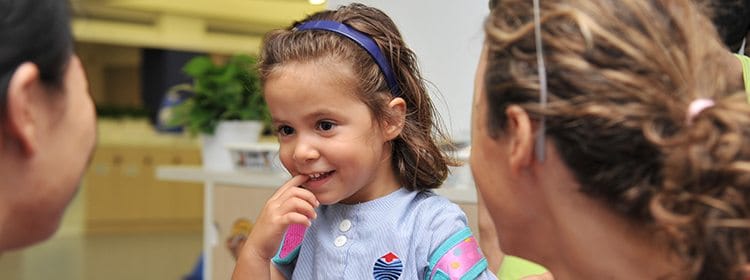Looking for meaningful parenting strategies to make family life more joyful and connected? You’re in the right place. Building strong bonds, guiding behavior effectively, and taking care of yourself as a parent are essential ingredients for nurturing confident, emotionally healthy children. Below are three transformative parenting tips to help you foster a fulfilling and resilient family life.
The Foundational Bond
Establishing a strong emotional bond with your child is one of the most impactful things you can do as a parent. This relationship builds trust, provides emotional security, and lays the groundwork for open communication and long-term connection.
Play is a simple but powerful way to build this bond. For infants, activities might include singing or showing colorful toys. Toddlers thrive with make-believe games and storytelling, while older children often enjoy activities like sports, creative projects, or even shared digital games.
What matters most isn’t the activity itself, but the quality of engagement. Setting aside uninterrupted, screen-free time to connect one-on-one helps your child feel seen, valued, and secure.
Discipline is Teaching, Not Punishment
Effective discipline is about teaching, not punishing. Setting clear, age-appropriate boundaries helps children understand expectations and build self-regulation. The goal is not control, but guidance and growth.
Here are two positive discipline strategies:
- Offer limited choices: Let your child feel a sense of autonomy within boundaries. For example, say, “Would you like to wear the red shirt or the yellow one?”
- Use “When–Then” phrasing: Link responsibilities to rewards. “When you finish your dinner, then we can read a story together.”
These techniques foster cooperation, reduce power struggles, and help children become more confident and independent. Teaching your child to make choices and understand consequences prepares them to navigate the world with self-assurance and empathy.
Modeling a Healthy Parent
Children learn by watching the adults in their lives. If they see their parents managing stress, practicing self-care, and handling emotions constructively, they are more likely to adopt those behaviors themselves.
As a parent, it’s essential to invest in your own well-being. Whether it’s enjoying a quiet moment with a book, going for a walk, or meeting a friend for coffee — taking time to recharge benefits your entire family. A calm and present parent creates a safe and supportive environment for children to thrive.
Final Thoughts
Parenting is a journey of learning, growing, and evolving alongside your child. By nurturing your relationship, guiding behavior with intention, and caring for your own emotional health, you lay a powerful foundation for a connected and joyful family life. Remember: the most effective parenting doesn’t require perfection — just presence, patience, and a willingness to grow.
Below, educators and parenting experts share additional techniques for fostering meaningful connections and guiding children through every stage of development.
